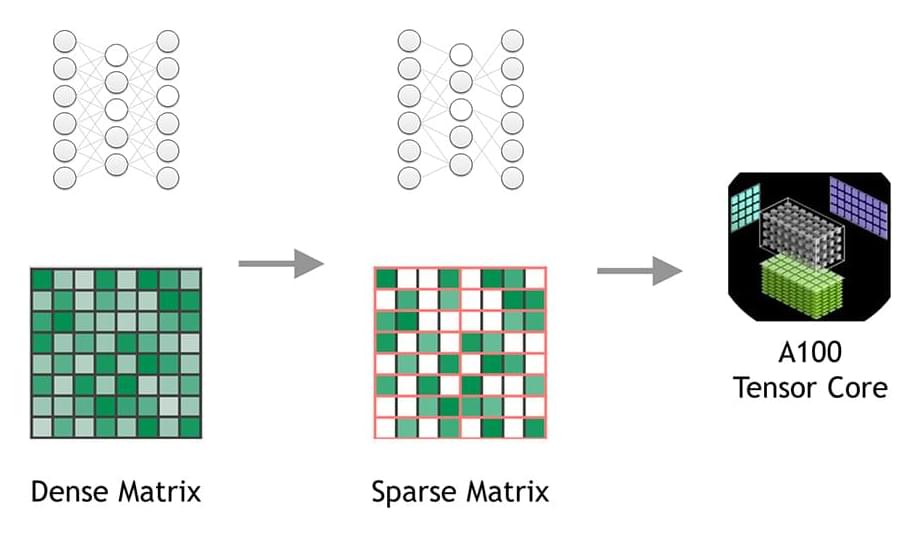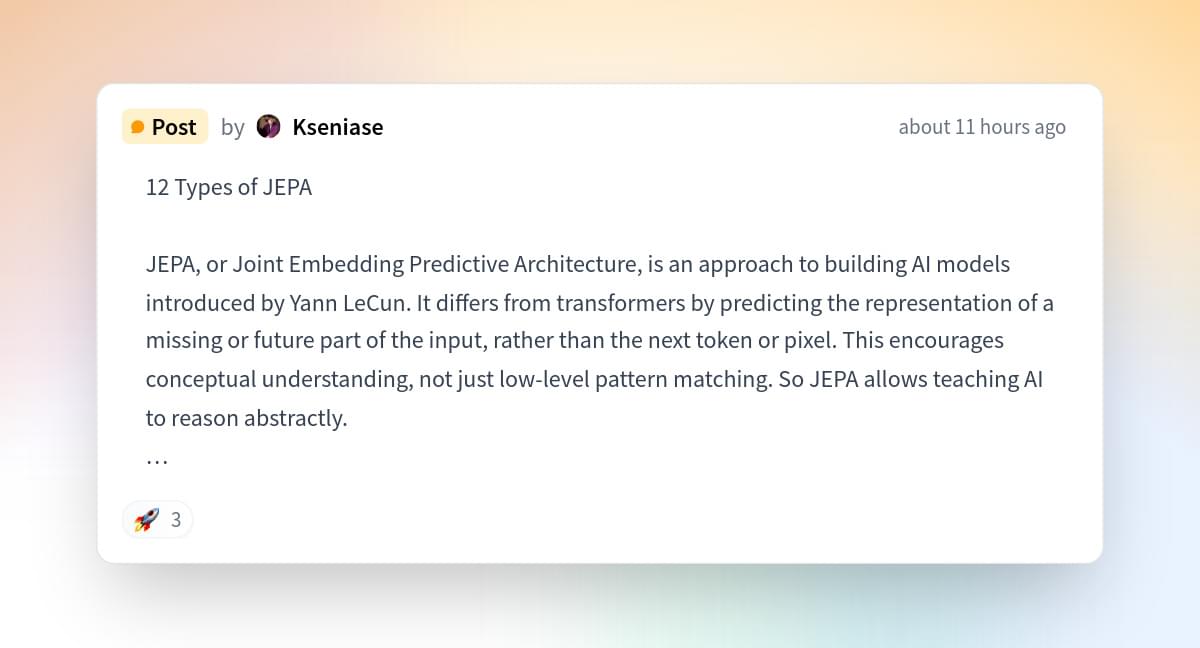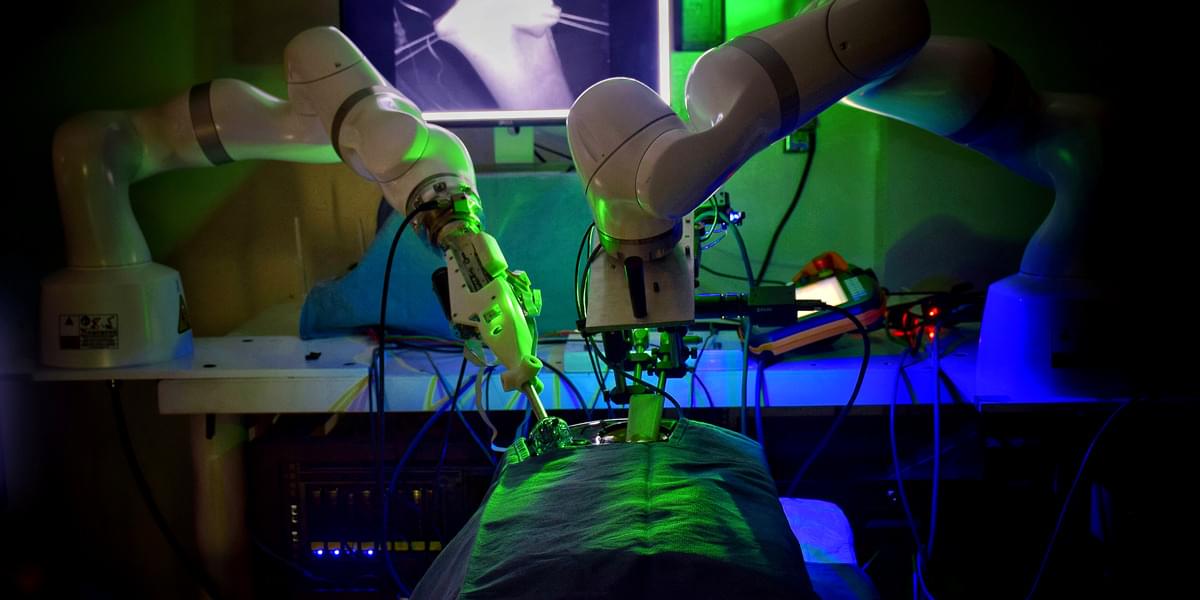Would you swallow a micro-robot? In a gutsy demo, physician Vivek Kumbhari navigates Pillbot, a wireless, disposable robot swallowed onstage by engineer Alex Luebke, modeling how this technology can swiftly provide direct visualization of internal organs. Learn more about how micro-robots could move us past the age of invasive endoscopies and open up doors to more comfortable, affordable medical imaging. (This talk contains medical imagery.)







